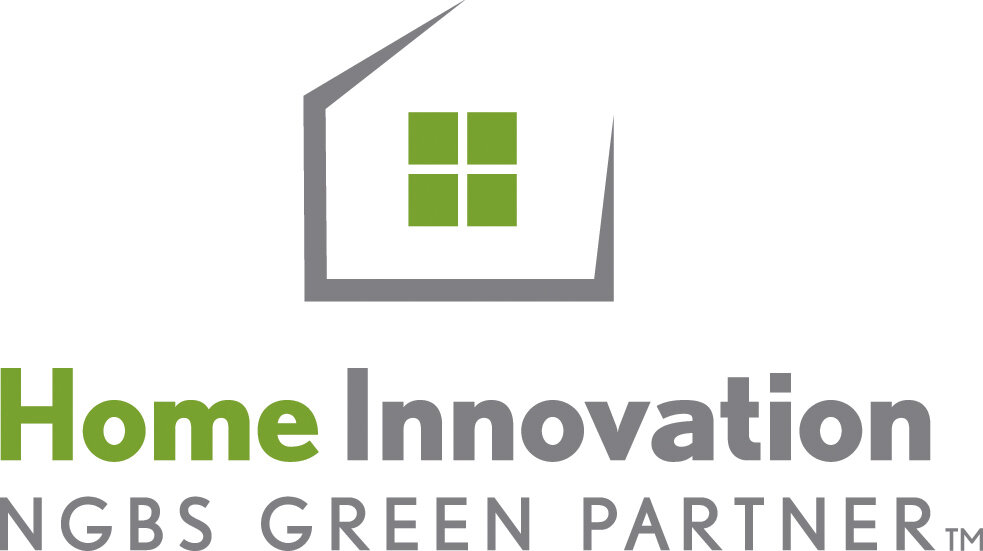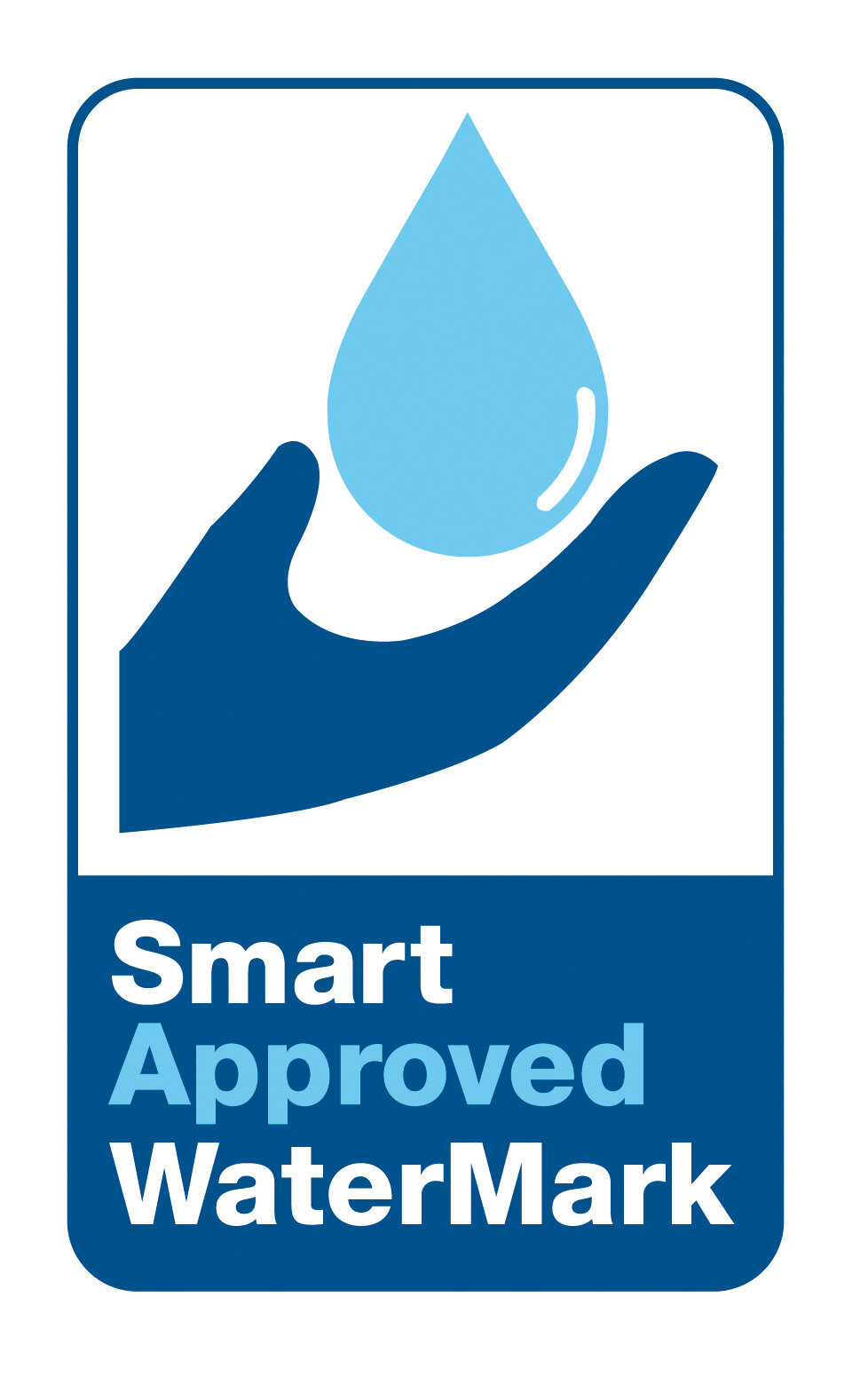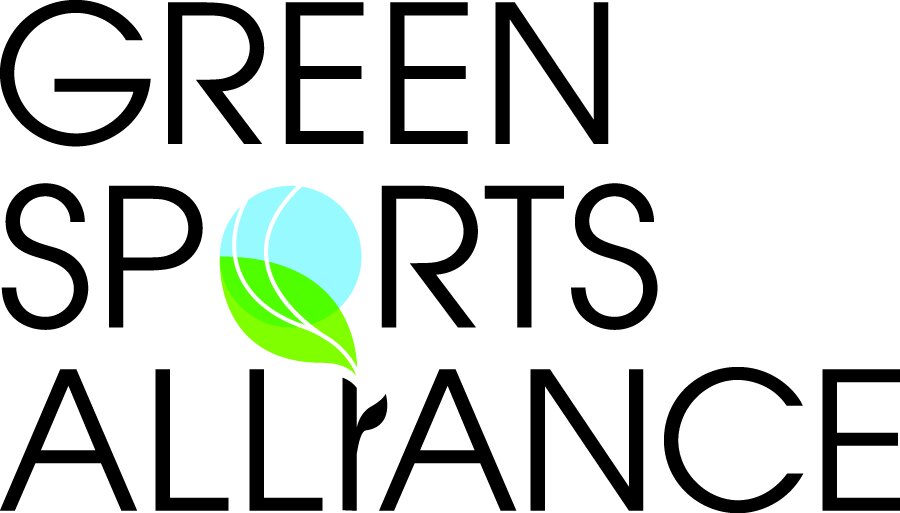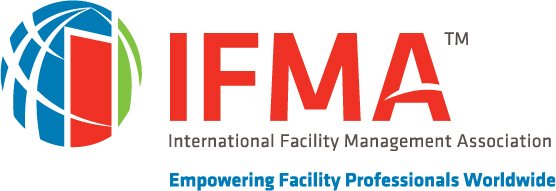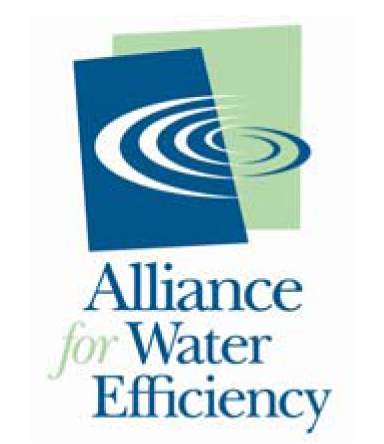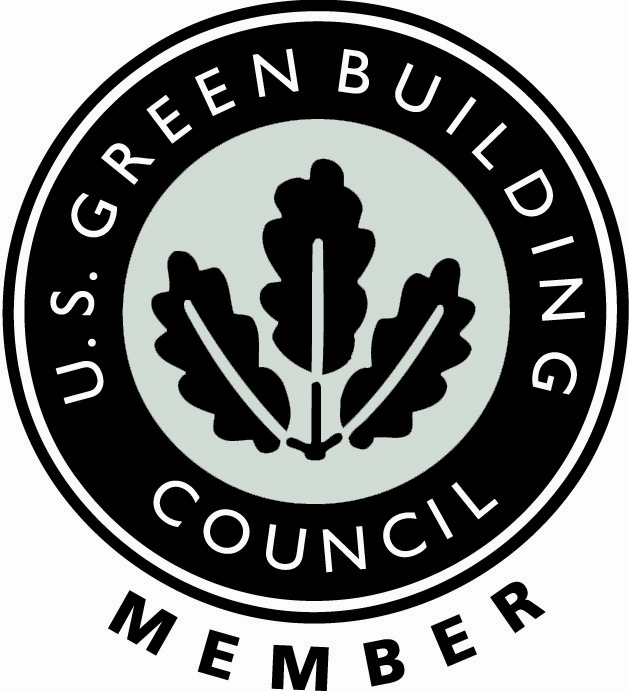On land, one of the most effective ways to reduce water consumption is to conduct a "water audit." This involves analyzing a building's water use, discovering where potential water savings are possible, and implementing a cost-effective plan to turn those water savings into reality.
Typically, a water audit involves:
Identifying where water is brought into a facility (looking for leaks before water is delivered)
Location of all water-using fixtures and systems, as well as drainage systems
Gathering two years of water utility bills, checking them, not necessarily for charges, but for water usage, to establish a benchmark.
Evaluating water use fluctuations, a spike could indicate a leak somewhere in the water infrastructure.
Conduct a walk-through of the entire ship with plumbing plans in hand. The goal is to locate all the facility's pipes, fixtures, and other water-delivering or water-removing systems.
Evaluating how and when vegetation is irrigated if the facility is landscaped.
Inspection of restroom fixtures; this is crucial because, in most facilities, this is where the most significant amounts of water are used (except if the facility is landscaped)
The goal of all these steps is to:
· Find leaks.
· Determine if water is no longer needed in specific areas.
· Where water is being wasted
· In the case of restrooms, if new fixtures can be installed that use less water or use no water at all.
Water audits are not necessarily new. However, with drought and water shortages, as well as the increased cost of water around the globe, they are used far more frequently today than ever before.
Should You Conduct a Water Audit?
As a maritime operator there are several reasons why you should conduct a water audit.
Firstly, water is heavy, with one gallon weighing just over eight pounds. If your vessel carries five hundred gallons of water, that's over 4,000 pounds of added weight, resulting in increased fuel consumption. A water audit can help reduce this weight, cutting fuel costs.
Additionally:
· Using less fuel means you'll spend less on fuel.
· More cost savings because the cost of water will be reduced.
· Reducing blackwater (heavier water waste) pumping costs.
· Help your business become more sustainability focused.
· Lastly, have more space on board for other purposes.
Water Audits and Plumbing Maps
Before conducting a thorough examination, we must obtain a plumbing map of the entire vessel that shows the locations of all pipes, fixtures, and water outlets. This will ensure that we cover all areas and do not miss any potential leaks.
We should specifically check all water-carrying piping materials, fittings, joints, connections, drinking water fixtures, and water pumps for any signs of leakage.
Additionally, we must identify areas where water usage can be reduced or is no longer necessary. It is common to find this in industrial facilities and even larger, older vessels.
We should also be aware of the role of evaporation in water waste. While this can vary based on vessel age, humidity, air velocity, and temperature, it can lead to significant water loss. Minimizing or eliminating evaporation can help ensure water is used for its intended purpose and not lost to vapor.
Water Efficiency
What we are talking about here is water efficiency. This involves reducing water usage permanently. Buildings implement various measures to achieve this, which can also benefit smaller vessels.
A perfect example is the installation of no-water or waterless urinals.
No water is required for operation with waterless urinals, reducing installation costs. On land, each urinal can save up to 35,000 gallons of water per year. Similar savings can be expected at sea.
Maintenance costs are also reduced due to reduced drain line encrustations. And less water usage results in a more hygienic environment, as bacteria and pathogens require moisture to grow and develop.
Hopefully, we have made the case for conducting a water audit for sea vessels— with the key benefits of saving water and fuel costs.
Further, we must recognize the sustainability movement happening around the world. Like every other industry, the shipping industry, even small ships, will be expected to do their part, and one way to accomplish this is by conducting a water audit.
Klaus Reichardt is CEO and founder of Waterless Co, Inc, pioneers in advancing water efficiency. Reichardt founded the company in 1991 with the goal of establishing a new market segment in the plumbing fixture industry with water efficiency in mind. Reichardt is a frequent writer and presenter, discussing water conservation issues. He can be reached at klaus@waterless.com



